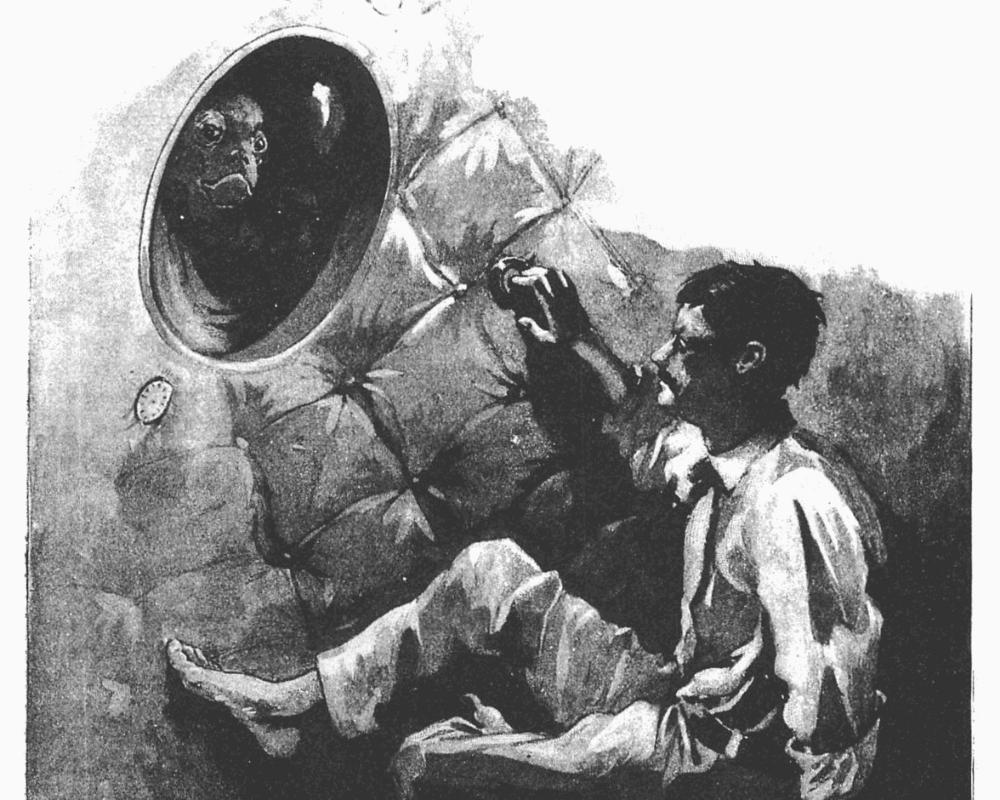Transcendental idealism:
- Kant argues for a position known as transcendental idealism, which holds that knowledge is a result of the interaction between the mind and the external world.
- He claims that we can never know things as they are in themselves (noumena), but only as they appear to us (phenomena).
- Our perception is shaped by the structures of our own minds, such as space and time, and therefore, we can only have knowledge of phenomena.
122
1.22K reads
CURATED FROM
IDEAS CURATED BY
Similar ideas to Transcendental idealism:
#8: The Law Of Self-Sabotage
Our attitude determines how we see and interpret the world around us. As a result, we act in a way according to our attitude and sabotage ourselves with it. By having negative thoughts of the people around us, they sense our energy and turn away from us. ...
Expectancy Theory
- So how exactly is it that our relative perception of what is happening, or what we think will happen, can actually affect what does happen?
- One answer is that the brain is organized to act on what we predict will happen next, something psychologists ...
The science of tarot
- The accuracy of the tarot reading is almost irrelevant as long as the practice guides the user to feel supported and attuned with their healthiest, most authentic sense of self
Read & Learn
20x Faster
without
deepstash
with
deepstash
with
deepstash
Personalized microlearning
—
100+ Learning Journeys
—
Access to 200,000+ ideas
—
Access to the mobile app
—
Unlimited idea saving
—
—
Unlimited history
—
—
Unlimited listening to ideas
—
—
Downloading & offline access
—
—
Supercharge your mind with one idea per day
Enter your email and spend 1 minute every day to learn something new.
I agree to receive email updates



